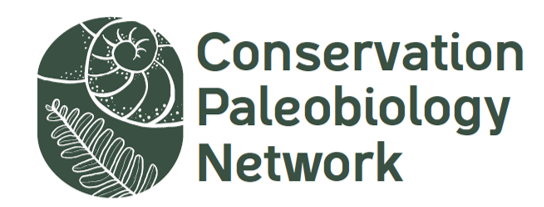From Matthew Duda (PhD candidate) Queen’s University, Canada: This photo depicts me collecting a sediment core on Baccalieu Island, Newfoundland – home to over 4 million seabirds. My research objective is to use an assortment of these sediment cores from multiple ponds and islands to reconstruct the long-term population dynamics of the vulnerable and in decline Leach’s Storm-petrel (Hydrobates leucorhous). Dated sediment cores can provide trends in the colony size before modern surveying, which is critically important to understand the cause of recent declines. My approach is called paleolimnology and works because seabirds (and other colonial organisms) leave distinct biological and chemical signals in the environment, which are then washed into lakes and preserved in the sediments. By examining changes in seabird-related proxies from dated sediment cores, such as nutrients and trace metals, it is possible to reconstruct a seabirds’ population dynamics. My current work aims to address questions such as: When did the recent decline in Leach’s Storm-petrel begin? Are declines related to natural population dynamics or are they human-induced? How naturally variable are large seabirds’ colonies that are traditionally considered stable through time? These questions, and many others, can be answered using the data only available in lake sediment cores.
Postcard from the Field: Matthew Duda, Canada


